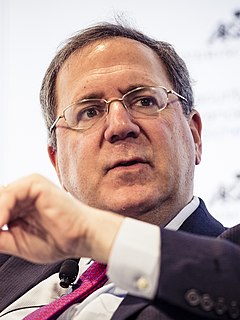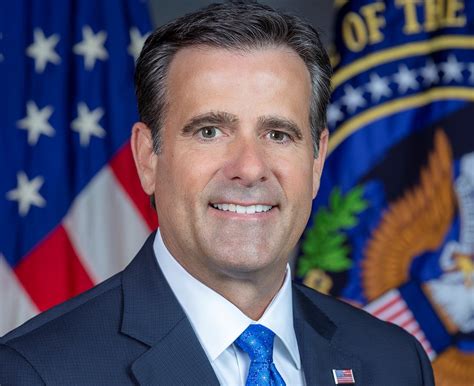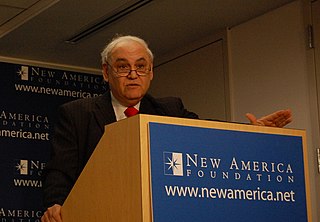A Quote by Michael Hayden
The problem with cyber weapons for a country like ours is the ability to control them.
Related Quotes
I don't want to use the term "nuclear weapons" because those people in Iran who have authority say they are not building nuclear weapons. I make an appeal to the countries who do have nuclear weapons. They don't consider them a nuclear threat. But let's say a country that doesn't have nuclear weapons gets involved in building them, then they are told by those that already have nuclear weapons that they oppose [such a development]. Where is the justice in that?
The problem is not gun possession; the problem is manufacturing guns - who's making these guns and how they gettin' out on the street? There shouldn't even be guns for us to possess. If there wasn't any, then it wouldn't be a problem. So we need to go to the source of the problem. They're making all these wars so they can make more weapons and sell them, and they wanna kill more people - they need population control,'cause people have to die in order for this world to continue. That's the government's goal right now.
Custom developed digital weapons, cyber weapons nowadays typically chain together a number of zero-day exploits that are targeted against the specific site, the specific target that they want to hit. But it depends, this level of sophistication, on the budget and the quality of the actor who's instigating the attack. If it's a country that's less poor or less sophisticated, it'll be a less sophisticated attack.
All of the threat streams that we have, from all aspects, militarily, economically, supply chain issues, foreign investment, technologically, cyber issues, cyber warfare, 5G, telecommunications - China is in all of those and they are the only country to be in that space and the only country that threatens America supremacy.

































